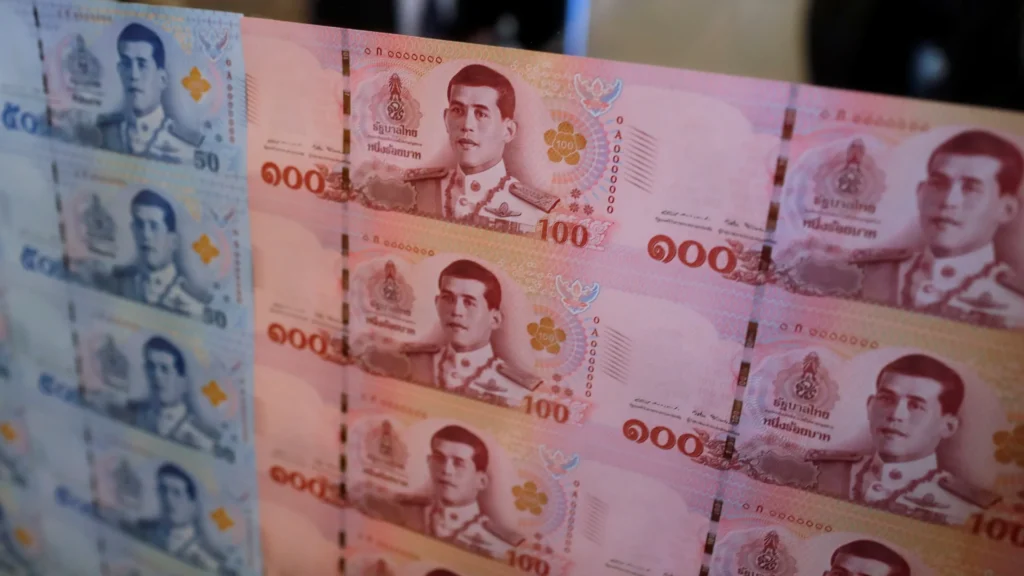Tutorial: How to Use Crypto in Thailand (2025 Travel Guide)
Whether you’re a digital nomad, crypto investor, or just tired of dealing with international bank fees, you’ve probably wondered: Can I use my crypto in Thailand the same way I use cash or a credit card and where can I use crypto in Thailand?
The answer is yes—sort of. In this guide, we’ll walk you through how to actually use crypto like BTC and USDT for real-world payments in Thailand, including where it works best, what apps to have ready, and a few things to watch out for.
Step 1: Understand Where Crypto Is Accepted in Thailand
While Thailand hasn’t fully embraced crypto for daily spending across the board, there are a growing number of vendors in cities like Bangkok and Phuket that quietly accept digital currencies. You’re not going to pay for BTS rides or groceries just yet, but you can cover things like coffee, accommodation, massages, and tour packages—especially in areas with a high concentration of tourists or remote workers.

In Bangkok, crypto-friendly businesses are most common in areas like Sukhumvit, Ari, and parts of Silom. Think indie cafés, boutique wellness centers, and small tech retailers. Many of these places work with Thai exchanges like Bitkub or Binance TH, or use wallet-to-wallet transactions.
In Phuket, the crypto scene is more relaxed but surprisingly open. Scooter rentals, beachfront bars, yoga retreats, and some villa owners accept stablecoins directly. It’s more informal—many vendors don’t advertise it publicly—but they’ll often say yes if you ask.
Step 2: Set Up a Ready-to-Use Wallet (and Keep It Mobile)
Before you land, make sure your crypto wallet is mobile-friendly and supports fast transfers. Apps like MetaMask, Trust Wallet, or even Binance’s wallet app are commonly used here. Some vendors may ask for a wallet-to-wallet transfer, while others prefer QR code payments.

If you’re paying with USDT (Tether)—which is often preferred due to its stability—make sure you know which chain the vendor wants (usually TRC20 or ERC20). Always confirm before you hit send, since transactions are irreversible.
Bonus tip: Keep a small crypto balance in a separate wallet just for travel spending. It reduces the risk if your phone is lost or compromised.
Step 3: Learn How to Spot (or Ask About) Crypto-Friendly Vendors
You won’t always see a “We Accept Crypto” sign in the window. In fact, most businesses that take crypto in Thailand prefer to keep it low-key—partly due to regulations, partly because they only accept it when asked.
Start by asking politely: “Do you accept USDT or Bitcoin?” You’d be surprised how many places will say yes, especially if they’ve dealt with crypto-paying travelers before.
If you’re in Bangkok, check online forums or expat-friendly Telegram groups for updated lists of crypto-friendly spots. In Phuket, ask around in digital nomad communities or from locals offering private rentals—many accept stablecoins for convenience.

Step 4: Know the Legal and Practical Limits
Crypto trading is legal in Thailand, and exchanges like Bitkub and Binance TH are government-approved. But direct use of crypto as currency in retail is still a legal gray area. That means some merchants prefer to convert it to Thai baht instantly using third-party services to minimize risk. Others take the payment informally.
As a customer, you’re not breaking any rules by offering to pay in crypto. Just understand that not every vendor will be willing—especially bigger chains or franchises. You’ll have much better luck with independent operators, freelancers, and boutique businesses.
Step 5: Use Crypto Wisely—It’s Not a One-Size-Fits-All Payment
Crypto is not a universal substitute for cash (yet), so don’t rely on it as your only payment method. It’s best used in Thailand for specific types of transactions:
- Paying for a spa treatment or massage from a local business
- Booking a private villa or Airbnb-style stay (ask ahead!)
- Joining a diving trip, retreat, or boat rental that caters to foreign travelers
- Grabbing a drink or meal in a beach town where crypto use is common
Stick with stablecoins like USDT whenever possible to avoid volatility. Bitcoin is accepted too—but keep in mind that price swings or slow confirmations may complicate small purchases.

Credit from : Deeper Blue
Step 6: Double Check Details Before Sending
Always confirm wallet addresses and network type (TRC20, ERC20, etc.) before sending any crypto. Mistakes are final—and a surprising number of people lose funds from simple errors. Also, clarify with the vendor whether they want to include network fees or round to a set baht equivalent.
If something feels off, or you’re not sure, don’t be afraid to ask for an alternative way to pay. Most vendors that take crypto also accept traditional payments.

Conclusion: Is Crypto in Thailand Really Usable for Tourists?
Absolutely—but within a certain niche. If you’re wondering how to use crypto in Thailand, the key is realistic expectations and a bit of curiosity. It’s not mainstream, but it’s more accessible than ever in 2025, especially in crypto-aware hubs like Bangkok and Phuket.
By prepping the right wallet, knowing which areas to focus on, and understanding the informal nature of most crypto transactions here, you can comfortably spend your BTC or USDT while enjoying your time in Thailand—no baht conversion necessary (well, most of the time).






